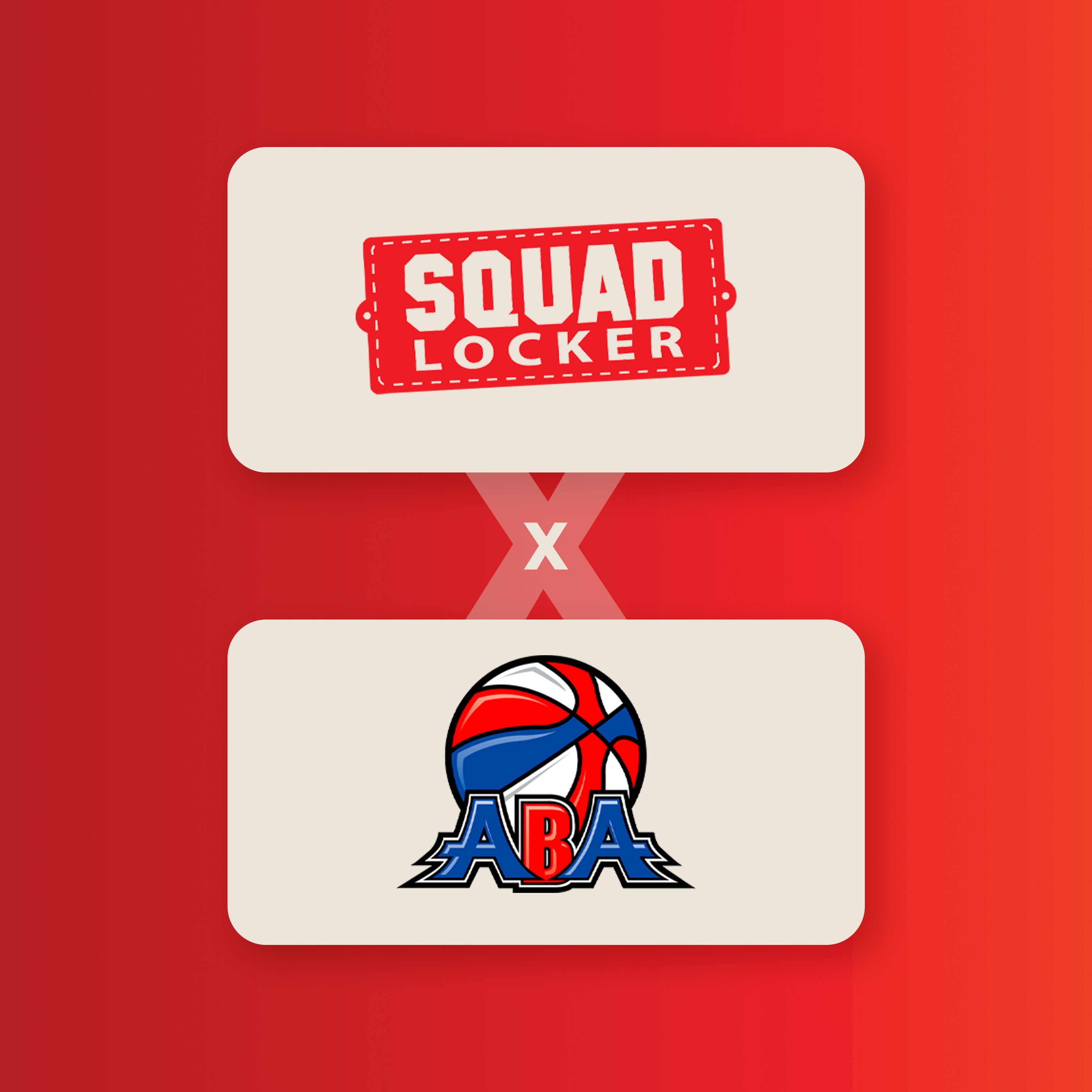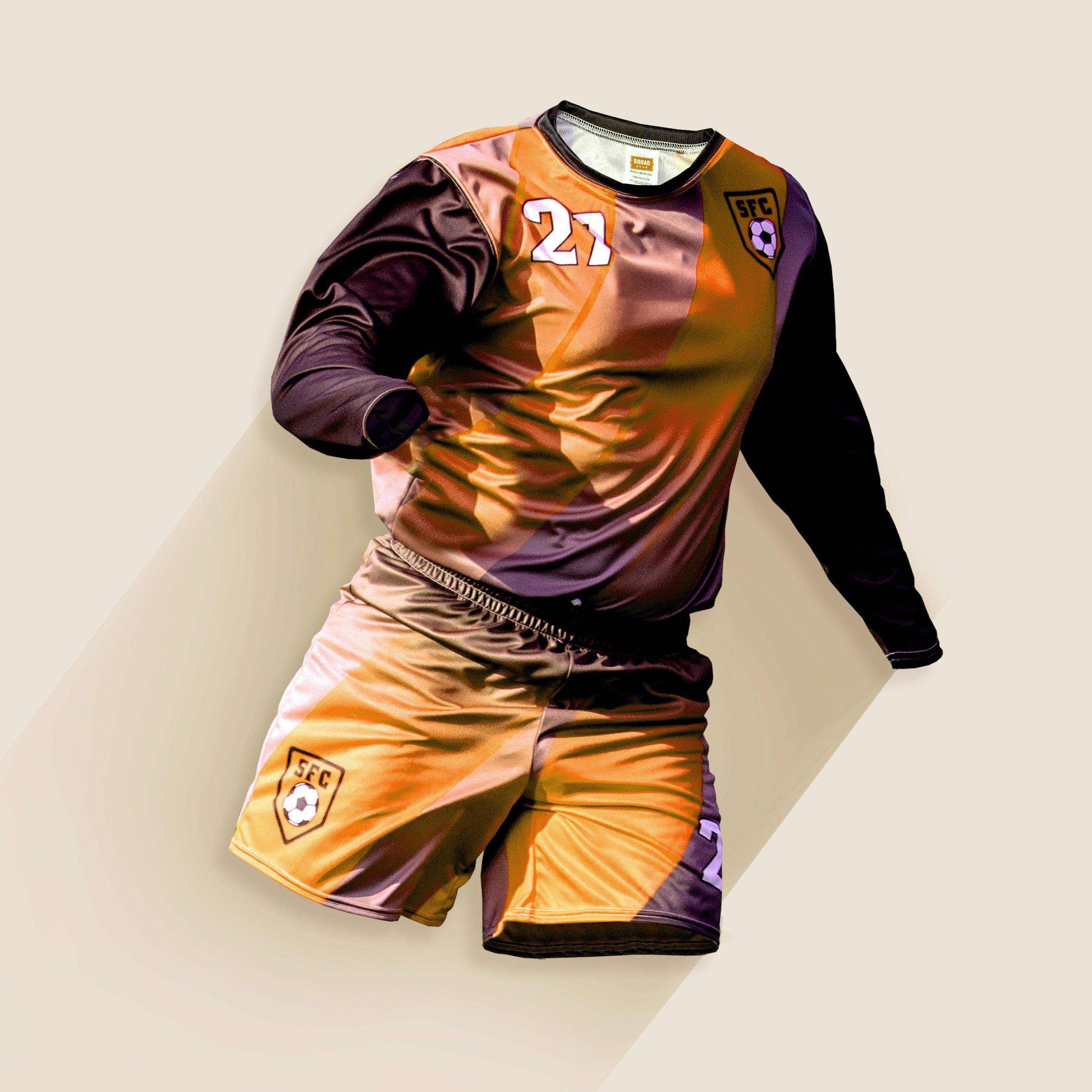Sports conditioning for the heat of the summer means being in the heat. Tests prove that conditioning in the heat makes you not only a better-conditioned athlete in the heated summer months, but you'll also get a significant jump in performance when the weather cools down. Here's what to do:
First Things First
Heat conditioning in the heat means staying hydrated. If you don't plan on drinking a lot of water and electrolytes, then don't consider working out in the heat of summer. No matter how much of an iron man or woman you think you are, not staying sufficiently hydrated can cause all types of issues, and one of them is death. So don't be ignorant here. Plan on drinking a lot of fluids because you need to sweat, sweat, and sweat some more.
60 Minute Time Limit
Sports conditioning for the heat only requires about 60 minutes worth of working out each day. However, for maximum results, this should be done between 7 and 10 days in a row to fully acclimate and turn your body on.
Consider 92 degrees ambient temperature as your end point, because any hotter than that puts you in a danger zone. At higher temps, you may not be able to rehydrate faster than you are sweating it out. That will cause serious problems, and also, if working outside, use sunscreen on the exposed parts.
Bring a Thermometer
The greater benefits of heat conditioning will be had if you can get your core temperature up to 101 degrees, and keep it there for the entire work out. The only way to know this is with a heat conditioning test using a thermometer. (The newest digital ones work best.) If your core temp gets above 101, it's time to stop and cool down. Past 101 is a danger zone! Read that again so there is no misconception here. If your core body temperature gets past 101, it's a DANGER ZONE! Got that? No matter how gung-ho you are about this, when your temp gets up beyond 101, stop working out, start drinking a lot, and look for a place out of the sun to cool down!
Cooling Down After Heat Conditioning
A good cool down is the best way to end your sports conditioning routine. This can be done in a number of ways, from getting into a cool shower, dousing yourself with a hose or having a pool that you can flop into. And, virtually any pool will work, from a kiddie pool to one of those self-supporting pools. Just fill it up with water from a garden hose before working out, and when done, immerse yourself fully. Plan on 3 to 4 minutes as an effective cooling down period.
In fact, a pool is the best way to go. Why? Besides the fact that it is going to feel heavenly good at the end of your workout to just fall in, there is another reason. If you begin to overheat, the best way to get the heat out of your body is to get into a pool. Now, we aren't talking ice cubes here, just hose water or buckets of cool water will do the trick. (Even a bathtub, a lake or a river works too.) Having a pool is the best way to cool down quickly, and it is a precaution that everyone who trains in the heat should employ.
Sports Conditioning for Serious Athletes
If you are a serious or professional athlete, heat training certainly something to consider.
If you participate in competitive summer sports like baseball, biking, running and others, you will definitely see benefits in your endurance and stamina if you work out in the heat.
But this is the type of sports conditioning that keeps giving all year long. Even for those fall sports like football and basketball, heat conditioning in the summer makes your body work more efficiently when you are competing, no matter how hot or cold it is, So for serious athletes, give yourself an edge and make heat conditioning part of your work out routine. And plan on sweating ... a lot!
Subscribe to the Squad Blog
Join our squad in getting weekly updates on the most helpful content for your youth teams, sports clubs, students, and more.
Share this Story










